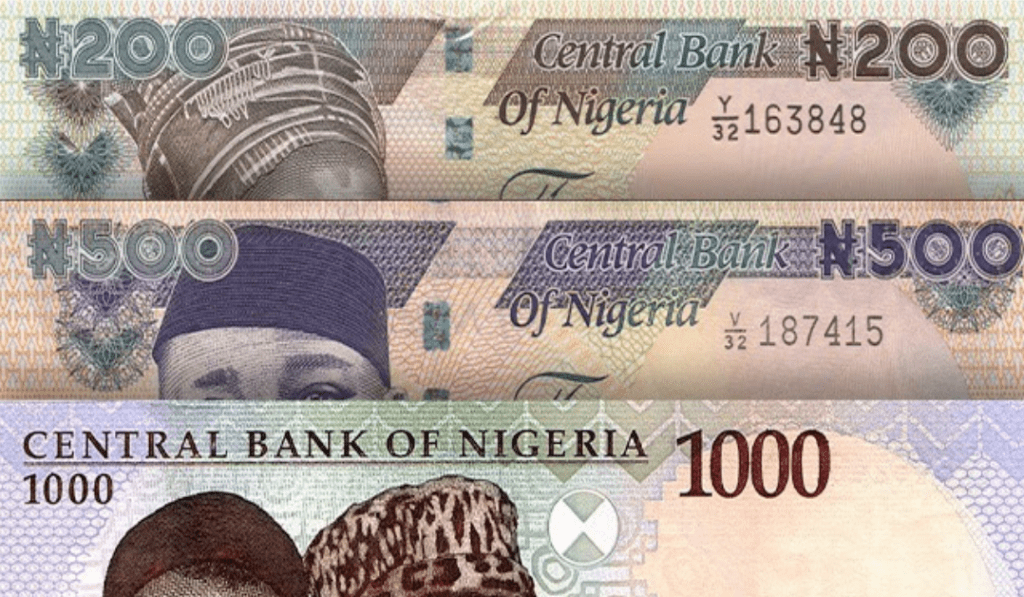The attempts by former Governor of the Central Bank of Nigeria (CBN), Godwin Emefiele, to forcibly replace certain denominations of the Naira without adequate preparation remain a dark chapter in Nigeria’s economic history. The policy, which resulted in a severe shortage of currency, wreaked havoc on the daily lives of millions of Nigerians.
The scarcity led to frantic efforts to secure cash for basic household needs, creating unnecessary distress for citizens who were already struggling with economic challenges. Food, shelter, and clothing—basic necessities of life—became increasingly inaccessible, exacerbating the hardship.
Thankfully, the intervention of the National Assembly and the Presidency, which reintroduced the old Naira notes as legal tender, provided a much-needed relief. What was initially a catastrophic policy has now become part of the past, and the news today is far more encouraging: the new Naira notes in the denominations of two hundred, five hundred, and one thousand Naira are gradually becoming more available and accessible, with minimal stress involved.
The current CBN Governor, Mr. Olayemi Cardoso, and the Senate deserve commendation for their insistence that the old and new Naira notes run concurrently until the old notes phase out naturally. This tactical and gradual approach—led by the CBN—has been far more successful than the rushed and poorly executed policy of the past. It’s an approach that, under normal circumstances, should be standard practice. Previous changes to Naira denominations, such as the twenty, fifty, and hundred Naira notes, followed a similar model without causing major disruptions. So why was the recent exercise any different?
Despite the positive shift, there remains much room for improvement. It is troubling that many bank customers continue to be restricted by their banks, forced to withdraw limited amounts of money regardless of their personal needs. This, coupled with the limited cash withdrawals from Automated Teller Machines (ATMs)—which often dispense only five to ten thousand Naira—adds to the frustration of Nigerians. Such measures, though perhaps well-intended, fail to take into account the financial realities of customers, who should not be penalised for larger withdrawals to meet their financial obligations.
While the cashless policy, in theory, has its merits, it should not be implemented in a way that stifles the economic activities of everyday Nigerians. Policies must be flexible, people-friendly, and designed with an understanding of the challenges citizens face. Fiscal policies, particularly those related to currency, should always bear a human face, for the ultimate goal is to serve the people, not hinder them.
Now that the new Naira notes have been introduced to the public’s approval, it is crucial that the authorities sustain this momentum. As the saying goes, what has been done well is often called beautiful—and beauty, in this case, lies in its sustainability.
Nigeria, as Africa’s giant and the most populous nation in the world, is no stranger to being in the global spotlight. The recent events show that with the right leadership, the country can indeed make headlines for all the right reasons. Anything short of excellence in policy implementation, however, is not good enough. Nigeria is rich in both human and material resources; what is often lacking is political will and the determination to implement policies that work for the people.

